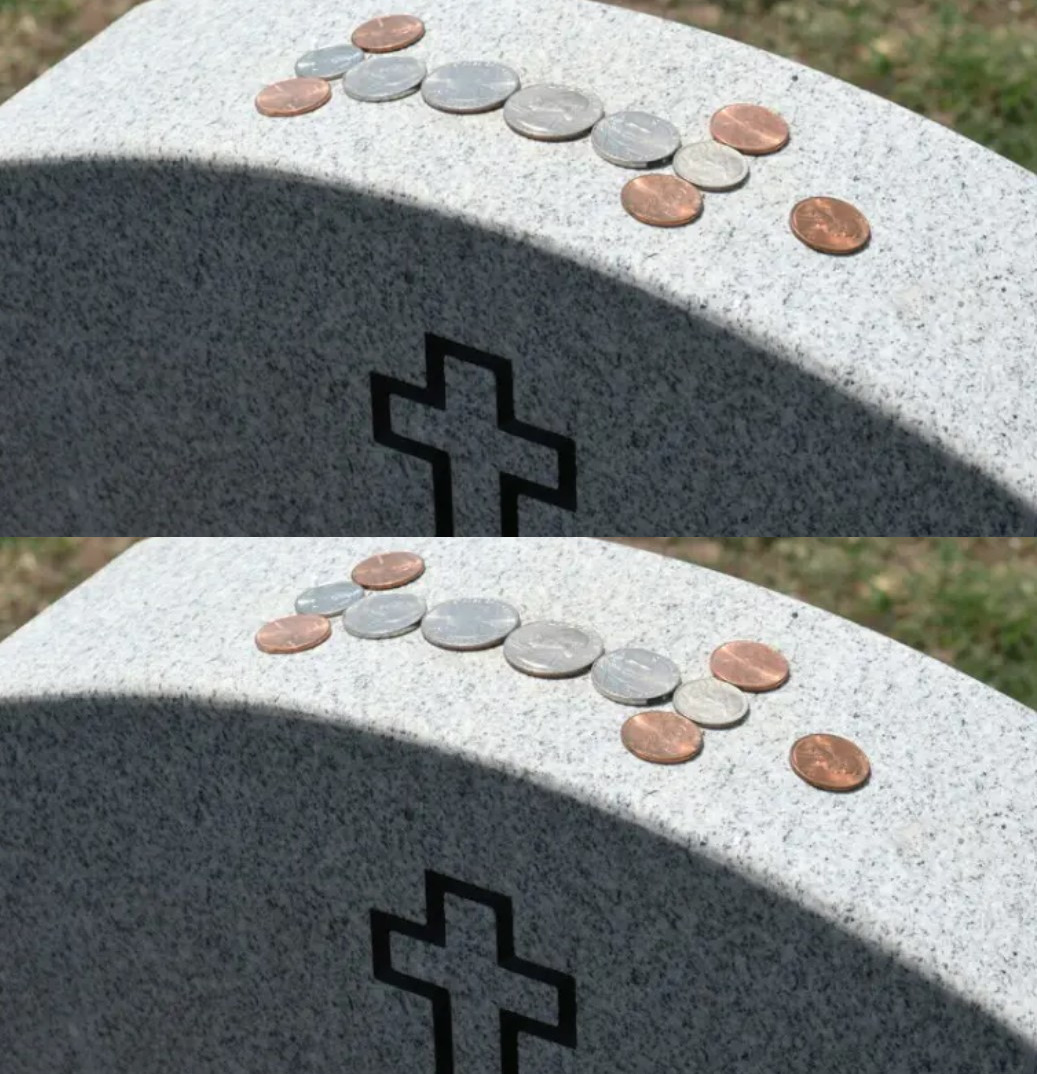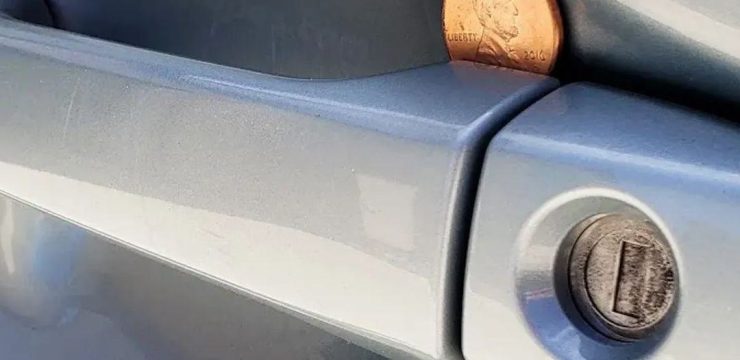If you’ve ever walked through a cemetery, you might have noticed coins resting atop gravestones, their metallic glint catching the sunlight. These small tokens left by visitors carry a significance that extends far beyond their humble appearance. Each coin tells a story—one of honor, camaraderie, and remembrance.

The act of leaving coins on gravestones is a meaningful tradition deeply rooted in respect and gratitude for those who have served their country. When you encounter these coins, you’re witnessing a silent tribute to the men and women who dedicated their lives to protecting their nation. This practice not only acknowledges their sacrifices but also fosters a connection between the living and the deceased.
Why Coins?
The tradition of leaving coins is both symbolic and specific. Each denomination represents a unique relationship between the person leaving the coin and the individual buried there. These small acts of remembrance offer insight into the bonds formed during military service and the shared experiences that transcend time. Let’s delve into the meaning behind each type of coin:
-
- Penny: A Simple Act of Remembrance
A penny placed on a gravestone signifies that someone visited the resting place. This small yet powerful gesture communicates a message: “You are not forgotten.” For the families of the deceased, it’s a comforting reminder that their loved one’s memory continues to live on. The act of leaving a penny, though simple, bridges the divide between the past and present, showing that the sacrifices of the fallen remain deeply valued. - Nickel: A Tribute to Shared Beginnings
A nickel carries a slightly more personal meaning. It signifies that the visitor attended boot camp alongside the deceased. This coin honors the camaraderie built during the early stages of military training—a time marked by shared challenges and the forging of lifelong bonds. By leaving a nickel, the visitor acknowledges this connection and pays tribute to the enduring impact of those formative experiences.
- Penny: A Simple Act of Remembrance
- Dime: A Bond Forged in Service
A dime left on a gravestone speaks to a deeper relationship. It indicates that the visitor served alongside the deceased during their military career. Whether on the battlefield or in support roles, this coin symbolizes the loyalty, trust, and sacrifices shared by those who served together. It’s a poignant reminder of the unique bond that arises when individuals stand side by side in service to their country. - Quarter: A Witness to the Final Moments
The presence of a quarter on a gravestone signifies that the visitor was present when the individual passed away. This coin carries the weight of shared grief and acknowledges the somber reality of that moment. For the person leaving the quarter, it’s a deeply personal act of remembrance, reflecting the profound impact of being there during the individual’s final hours.
The Emotional Weight of This Tradition
For the families of fallen service members, the sight of coins on a loved one’s gravestone is a powerful affirmation that their sacrifices have not been forgotten. These small tokens provide solace, reminding them that others continue to honor and respect the memory of those they’ve lost. Each coin carries an emotional resonance, speaking volumes without a single word.
This tradition also underscores the enduring impact of military service, highlighting the deep bonds formed in times of hardship. It serves as a testament to the connections that remain unbroken, even after death. When visitors leave coins, they participate in a shared act of remembrance that transcends individual relationships, uniting communities in collective gratitude and respect.
Recognizing the Stories Behind the Coins
The next time you come across a coin on a gravestone, take a moment to reflect on the story it represents. Each coin, from a humble penny to a significant quarter, symbolizes a unique connection to the deceased. It’s a way to honor not only their service but also the relationships and sacrifices that defined their lives.
The tradition of leaving coins on gravestones serves as a timeless reminder of the sacrifices made by military members and the impact they’ve had on the lives of others. It’s a way to ensure their memory endures, resonating across generations and reminding us of the values they stood for.
Conclusion
Coins on gravestones may seem like small, unassuming objects, but they carry immense meaning. They represent acts of remembrance, camaraderie, and respect for those who served. This tradition reminds us that even in death, the sacrifices of military members continue to inspire gratitude and reflection. So, the next time you see a coin on a gravestone, remember that it holds a story—one of honor, connection, and the enduring power of memory. It’s a simple yet profound gesture that ensures the legacies of these heroes remain alive in our hearts and minds.





